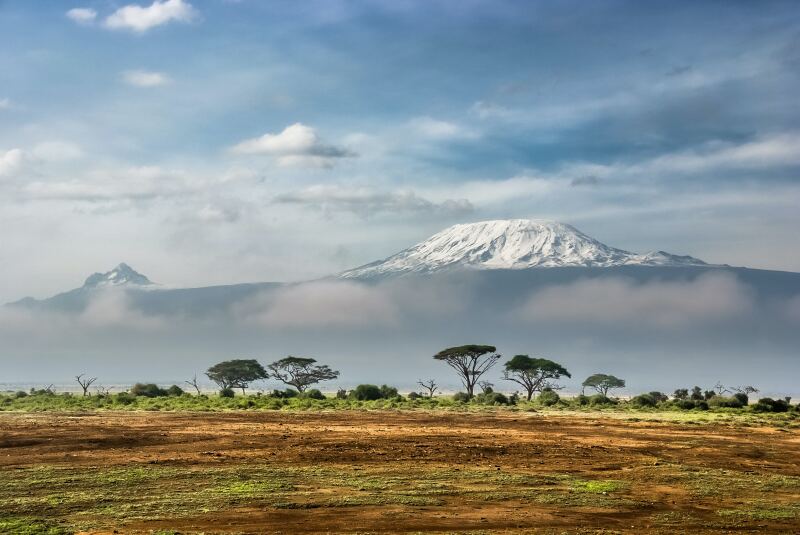
Long-absent emerging market sovereigns eyeing a return to the bond market in 2024 should look to their fellow, yet more experienced, debt management offices for guidance with how to navigate a difficult and changed market. For many potential returners things look very different from when they last sold bonds. For all, things will be tough.
A rally for EM at the end of 2023 means some countries locked out from the primarymarket in the last two years, particularly in Africa, could return this year. The market has an informal 10% yield threshold — bonds above that will get no market access. But there are potential players, African sovereigns with yields below that include South Africa, Kenya, Namibia, Senegal, Ivory Coast, Rwanda and Benin.
Those venturing back will face a much trickier market than the last time they issued, prior to 2022. The volatility that closed the market periodically throughout the year persists, and investors are nervy.
Poor communication with investors and the wider market is often a criticism levelled at some sovereigns in Africa. Another is that they are not nimble enough, taking too long to prepare and execute trades, something that will cause problems if market windows keep opening and shutting.
It is crucial that these deals go well or the sovereigns could make things much worse for themselves, so they should take heed of their most successful peers. One sovereign that EM bankers and investors often pinpoint as one of the savviest in the primary market is Turkey. The country has similarities to many in Africa such as sub investment grade ratings and a myriad of economic problems, although these are largely self-inflicted.
Yet its DMO is held in high regard by EM investors and bankers. The Turkish debt team did much to keep investors on board while the government seemingly tried its hardest to wreck the economy. Turkey often picks the perfect time to issue, for example, and investor communication is clear and regular.
African debt teams coming back to primary can learn from an issuer like that. Their countries, like Turkey, may have many fiscal and economic problems to contend with.
A DMO cannot solve those problems itself but it can soothe investor concerns to a degree, like Turkey’s has, by being ready for when a window opens and maintaining clear and open lines of communication with the market.
There are, of course, many differences between Turkey and African sovereigns. Turkey is a much larger and more developed economy than many in Africa, and it is an experienced issuer, printing about $10bn annually — more than many African countries have ever done.
But its DMO has been a port in a storm. Other debt teams returning to primary in the coming years would do well to learn from other, more experienced debt management teams to make their own market returns as smooth as possible.
